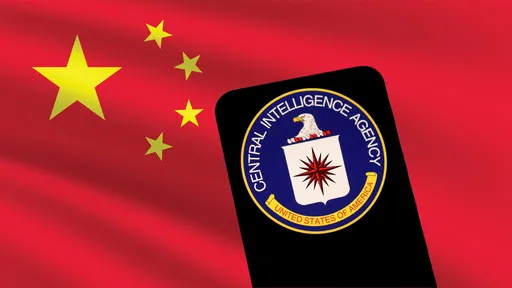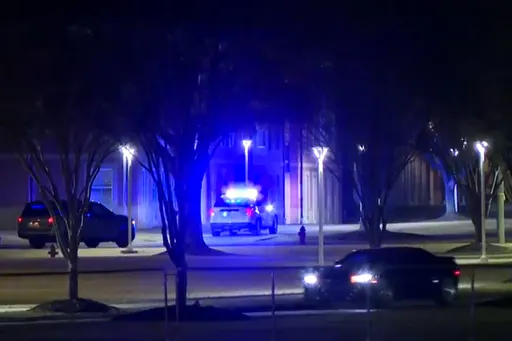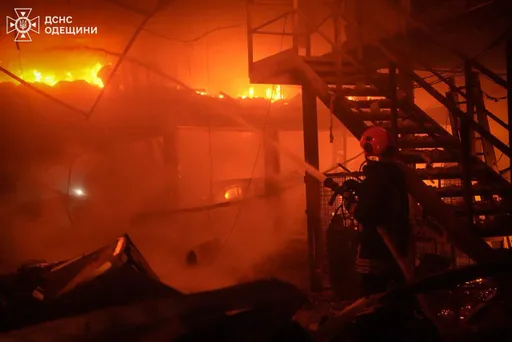Israel is preparing for potential arrest warrants by the International Criminal Court (ICC) against Prime Minister Benjamin Netanyahu and Defence Minister Yoav Gallant.
On Sunday, the Hague-based court reposted a notice in Hebrew, Arabic, and English explaining its procedures.
"After gathering evidence and identifying a suspect, the prosecution requests ICC judges to issue an arrest warrant, which national authorities enforce, or a summons to appear, where suspects appear voluntarily," the notice reads.
This marks the fourth time since the beginning of June that the ICC has shared this post on its social media accounts.
On May 20, ICC Prosecutor Karim Khan announced that he had requested arrest warrants for Netanyahu and Gallant on charges of crimes against humanity and war crimes in Gaza.
No official decision from the court has been made as of yet.
Israel unclear on its response
While Israel has condemned and rejected the prosecutor's request, it remains unclear how Tel Aviv will respond if arrest warrants are issued.
"Discussions are under way in Israel regarding a defence strategy for Netanyahu, Gallant, and the state of Israel in case the ICC issues arrest warrants," the Israeli public broadcaster KAN said.
"The preparations aim to ensure that Israel is ready if such a decision is made by the ICC judges," it added.
KAN said it remains unclear whether Israel will present a legal defence at The Hague as Tel Aviv does not recognise the court's authority.
"Israel prefers to prepare for the worst-case scenario, which includes potential arrest orders, and is thus discussing a possible defence stance against such a decision," it added.
Israel is not a member of the ICC, whereas Palestine was accepted as a member in 2015.
The ICC, established in 2002, is an independent international body not affiliated with the United Nations or any other international institution, and its decisions are binding.
Despite Israel's rejection of the ICC's jurisdiction, the court’s authority extends to the Palestinian territories occupied since 1967, allowing it to prosecute Israeli officials accused of committing crimes in these areas.























